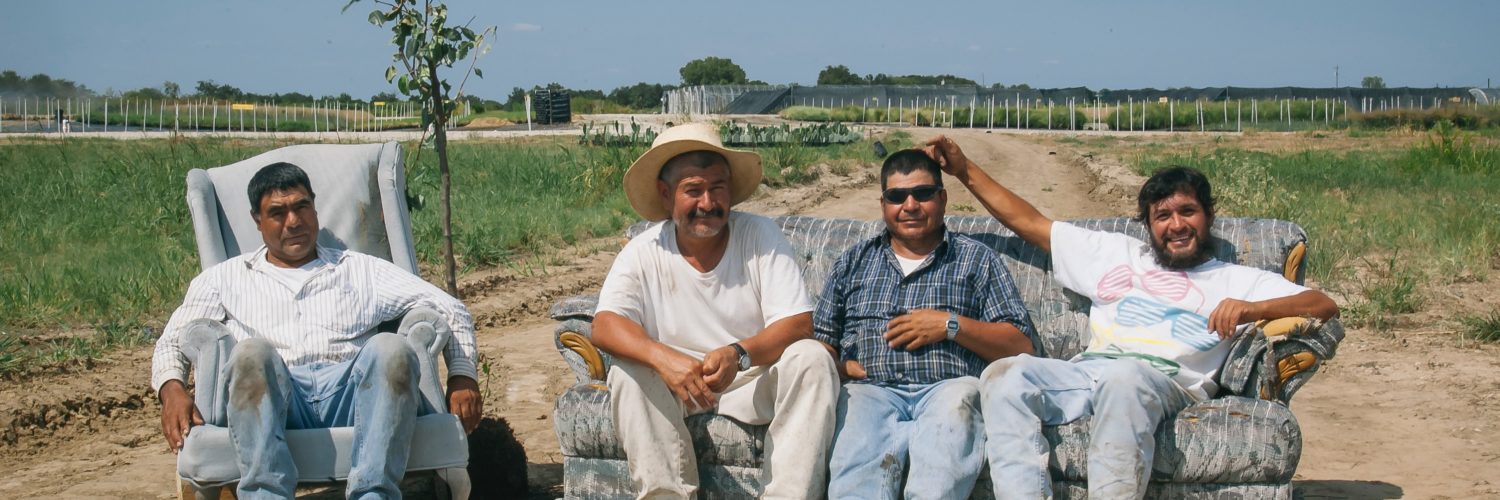They are the backbone of many businesses in Arizona: immigrants with work permits and visas, “dreamers” brought here as young children, and undocumented workers.
Most come from Mexico and are valued by companies and residents who need them to fill jobs in home healthcare, construction, agriculture, the food industry, janitorial, landscaping, and other industries.
In Arizona alone, immigrants generate an estimated $25 billion in economic benefit annually, according to the New American Economy, a bipartisan coalition of 500 mayors and business leaders that track the economic impact of immigrants in the United States.
As Congress deadlocks year after year over border security and a path to citizenship, workers and businesses are left in limbo. Restrictions and caps on immigrant workers are reducing the numbers of legal permits under President Donald Trump who campaigned on deporting the 11 million undocumented residents in the U.S.
Fears of higher worker shortages are darkening the economic outlook as businesses struggle to hire and maintain employees, said Jon Baselice, director of immigration policy for the U.S. Chamber of Commerce.
“To expect hundreds of thousands of people to just leave, many whom have been here for two decades and have established family roots, have bought houses, and have car payments; think of the economic destruction this is going to cost, not just to them but to their communities,” Baselice said. “What’s most disconcerting is that a large amount of congressional members voted to substantially cut legal immigration to the U.S.”
The death of Sen. John McCain leaves a void in Republican leadership to push for resolution. McCain, who died Aug. 25 of brain cancer, was among the few voices in the GOP to call for a path to citizenship for immigrant workers and families.
In 2005, he and former Democratic Sen. Edward M. Kennedy sponsored a major immigration bill, the McCain-Kennedy bill, that paved a legal path for undocumented workers to obtain work permits as well as strengthen border security. Opposition to the bill killed it.
In 2013, McCain was part of the gang of eight, a group of four Democrats and four Republicans who wrote the Border Security, Economic Opportunity, and Immigration Modernization Act of 2013. It failed.
After President Donald Trump was elected in 2016, McCain denounced the president’s plan to end the Deferred Action for Childhood Arrivals (DACA) program that allows immigrants brought here as young children to obtain work permits.
Sept. 5 was the one-year anniversary since U.S. Attorney General Jeff Sessions announced DACA was being rescinded. Now, competing lawsuits are moving through the courts as litigants fight for and against the program.
Work permits for foreign-born workers also are threatened by backlogs, outdated rules, cutbacks in permits, and proposed rules.
All together, these measures could cause more than one million individuals to lose their legal ability to work if Congress does not act, according to Suzanne Clark, senior executive vice president of the U.S. Chamber, who wrote letters to Washington leaders this summer.
The chamber and businesses continue to push for reforms including:
- Prioritize the allocation of immigrant visas to better match America’s economic and workforce needs
- Grandfather individuals who have approved visa petitions in the family-based immigrant visa preference categories being eliminated
- Address the pending rescission of Temporary Protected Status for individuals who have previously been allowed to legally live and work here for an extended period of time
- Permanently address the plight of Dreamers by allowing them to become lawful permanent residents with the ability to obtain citizenship in the future
“We have an economy that is having a tough time meeting its workforce needs,” Baselice said. “You should have an immigration system that meets the needs of the workers, the American economy and businesses.”
















Add comment